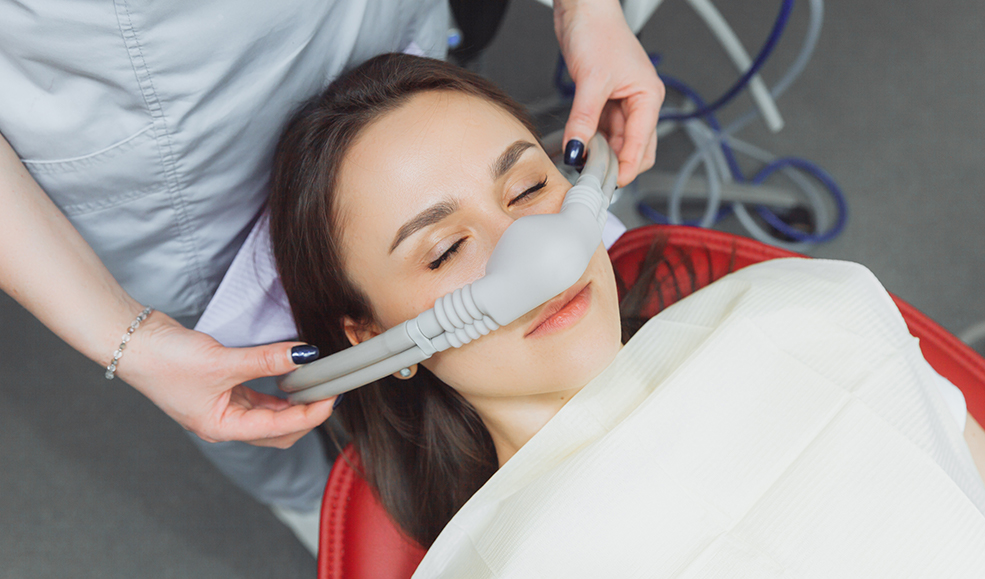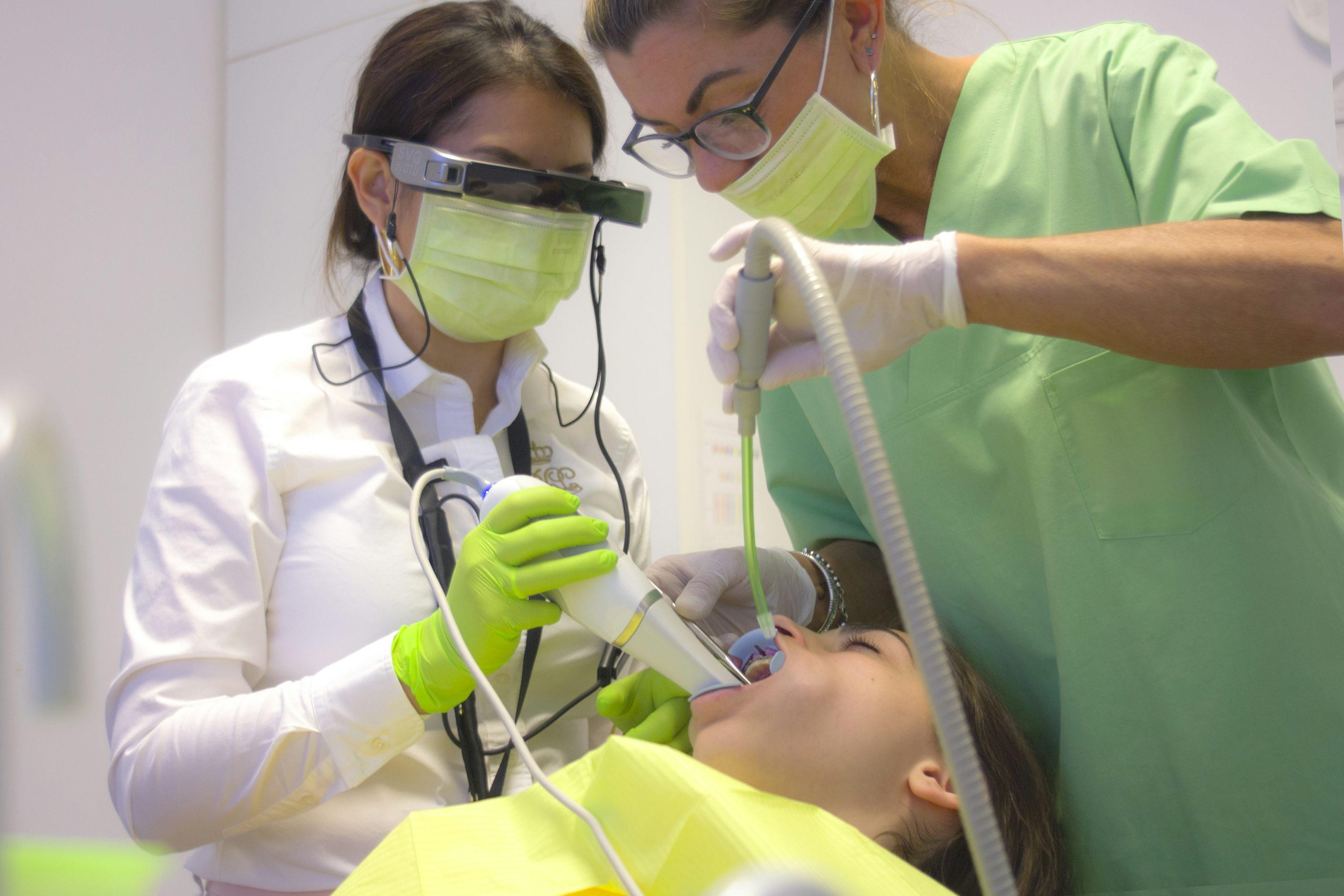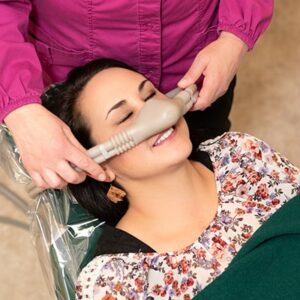
Sedation dentistry is a specialised area of dental care that uses medication to help patients relax during dental procedures. It’s often referred to as “sleep dentistry,” although most forms of sedation allow the patient to remain awake and responsive. Sedation Dentistry in Kukatpally can be an excellent option for patients who experience anxiety, fear, or comfort during dental visits.
Oral Sedation: Involves taking a pill (usually a form of benzodiazepine) about an hour before the procedure. The patient remains awake but relaxed and may feel drowsy.
Nitrous Oxide (Laughing Gas): A mild sedative inhaled through a mask placed over the nose. It helps patients relax and wears off quickly, allowing them to drive home afterward.
Oral Sedation (Higher Dose): A higher dose of oral sedation can induce moderate sedation, making it an effective option provided by our Best Dentist in Kukatpally for those needing a deeper level of relaxation during dental procedures, where the patient may slur their words and not remember much of the procedure.
IV Sedation: Sedative drugs are administered through an IV, leading to a deeper level of sedation. The dentist can adjust the level of sedation throughout the procedure.
General Anesthesia: The patient is rendered completely unconscious and will not be aware of the procedure. This level of sedation is typically reserved for more complex or invasive procedures and is often performed in a hospital setting.


1. Anxiety Reduction: Sedation Dentistry in KPHB, Kukatpally is particularly beneficial for patients with dental phobia or anxiety, making it easier for them to undergo necessary treatments.
2. Pain Management: Sedation helps manage pain and discomfort during dental procedures, providing a more comfortable experience.
3. Enhanced Comfort: Patients with a strong gag reflex, sensitive teeth, or difficulty sitting still can benefit from sedation, which helps them remain calm and comfortable.
4. Efficient Treatment: Sedation allows our Dentists in KPHB, Kukatpally to perform multiple or lengthy procedures in a single visit, reducing the need for multiple appointments.
5. Amnesia Effect: Some forms of sedation cause partial or complete memory loss of the procedure, which can be a relief for anxious patients.
Patients with Dental Anxiety: Ideal for those who experience significant fear or stress related to dental visits.
2.Children and Special Needs Patients: Helpful for young children or individuals with special needs who may not be able to cooperate during dental procedures.
3.Patients with Complex Dental Issues: Beneficial for those undergoing extensive or invasive treatments, such as extractions, root canals, or dental implants.
4.Patients with Low Pain Threshold: Suitable for individuals with heightened sensitivity to pain or a low pain tolerance.



Consultation: Before undergoing sedation dentistry, the dentist will review the patient’s medical history, discuss the sedation options, and determine the most appropriate type of sedation based on the patient’s needs.
Administration: The sedation is administered according to the chosen method—oral, inhalation, or intravenous—before the dental procedure begins.
Monitoring: The patient’s vital signs, including heart rate, blood pressure, and oxygen levels, are closely monitored throughout the procedure to ensure safety.
Aftercare: Depending on the level of sedation, patients may need someone to drive them home after the procedure. Post-sedation instructions will be provided to ensure a smooth recovery.
Sedation dentistry offers a valuable solution for patients who struggle with dental anxiety, pain, or complex dental needs. By providing a calm and comfortable experience, it helps patients receive the care they need without the associated stress or discomfort. Whether you’re dealing with minor anxiety or require more extensive treatment,Affordable Sedation Dentistry Treatment in KPHB, Kukatpally can be tailored to meet your individual needs, ensuring a positive and stress-free dental experience.